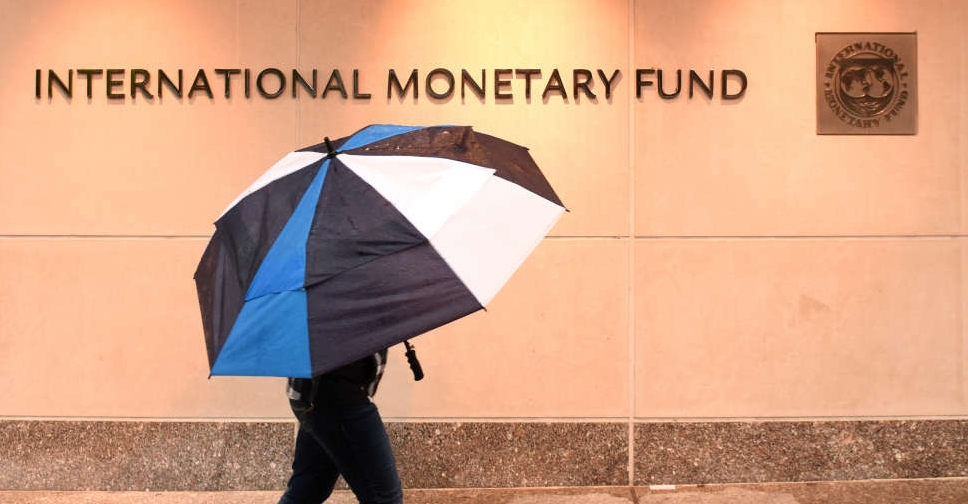
Pakistan and the International Monetary Fund (IMF) on Wednesday reached a staff level agreement which, if approved by its board, will disburse $1.1 billion for the debt-ridden South Asian economy, the global lender said.
The funds are the final tranche of a $3 billion last-gasp rescue package Pakistan had secured last summer, which averted a sovereign debt default. Islamabad is also seeking another long-term bailout.
"The IMF team has reached a staff-level agreement with the Pakistani authorities on the second and final review of Pakistan's stabilisation program," the IMF said in a statement.
"This agreement is subject to approval by the IMF's Executive Board," it added. The agreement expires on April 11.
The deal comes after the IMF mission held five days of talks with Pakistani officials to review the fiscal consolidation benchmarks set for the loan.
Most Pakistan dollar bonds were trading higher on Wednesday after the deal was announced.
The 2027-maturing bond US740840AC76=TE was up 0.25 cents at 83.957 cents on the dollar while the 2025 bond US695847AR45=TE which was up 0.21 cents at 92.023 cents on the dollar.
Pakistan's Finance Minister Muhammad Aurangzeb had said that Islamabad will seek another long-term bailout. The IMF said Pakistan had expressed interest in a deal, and that it would formulate a medium-term programme if Islamabad applies for one.
The government has not officially stated the size of the additional funding it is seeking through a successor programme, however, Bloomberg reported in February that Pakistan planned to seek a new loan of at least $6 billion from the lender.
The debt-ridden economy, which shrank 0.2 per cent last year and is expected to grow around 2 per cent this year, has been under extreme stress with low reserves, a balance of payment crisis, inflation at 23 per cent, policy interest rates at 22 per cent and record depreciation of the local currency.
Ahead of the stand-by arrangement, Pakistan had to meet IMF conditions including revising its budget, and raising interest rates, generating revenues through more taxes and raising the price of electricity and gas, which fuelled inflation.

 Nasdaq set to confirm bear market as Trump tariffs trigger recession fears
Nasdaq set to confirm bear market as Trump tariffs trigger recession fears
 Dana Gas and Crescent Petroleum exceed 500M boe in Khor Mor field
Dana Gas and Crescent Petroleum exceed 500M boe in Khor Mor field
 China to impose tariffs of 34% on all US goods
China to impose tariffs of 34% on all US goods
 Shares bruised, dollar crumbles as Trump tariffs stir recession fears
Shares bruised, dollar crumbles as Trump tariffs stir recession fears
 Wall Street futures sink as tariffs fuel recession fears
Wall Street futures sink as tariffs fuel recession fears




